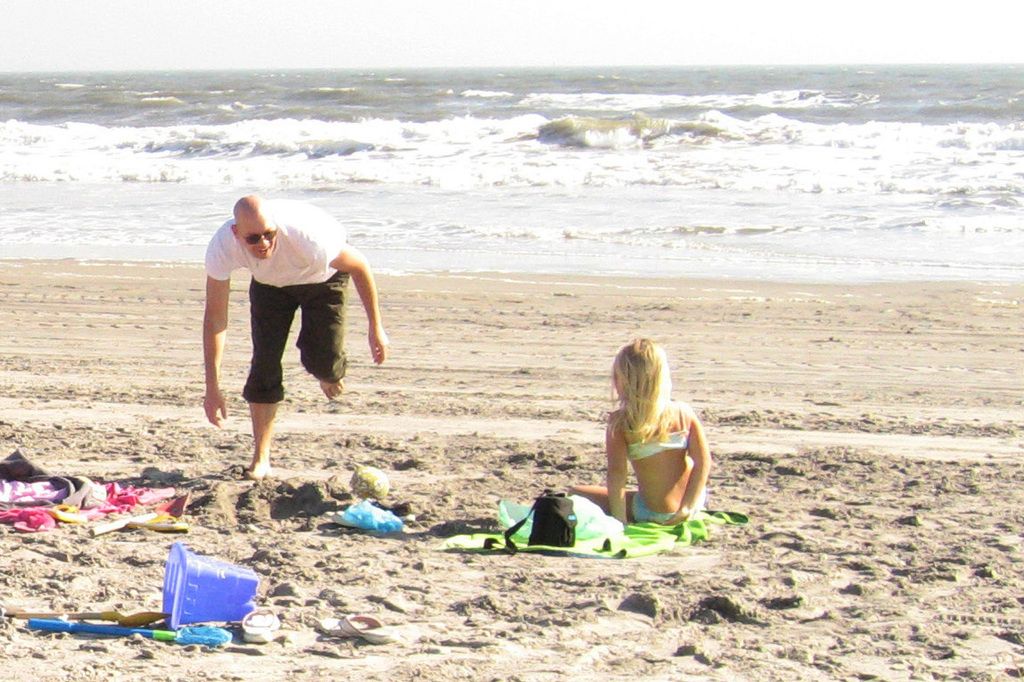Critical Assessment of Economic Policies: Osnabrück Candidates Engage in Discussions with Business Leaders for the Bundestag Elections
Sparking Change in Osnabrück:
The economic landscape in Osnabrück, and indeed in much of Germany, calls for attention. As per the IHK's business surveys, numerous businesses see the nation's policy conditions as a substantial threat to their future growth. To tackle these issues, a panel discussion was held in Osnabrück, where candidates from the CDU, SPD, Greens, FDP, and The Left outlined their plans for the region's economy.
The event, hosted by the IHK and the Junior Chamber of Commerce, brought together Dr. Mathias Middelberg (CDU), Thomas Vaupel (SPD), Luca Wirkus (Greens), Daniel Jutzi (FDP), and Heidi Reichinnek (The Left). The AfD's Florian Meyer declined the invitation.
Uwe Goebel, the IHK President, emphasized the urgency for change: "Germany is losing its competitive edge, and we feel this in Osnabrück too. Major companies—from hospitals to the automotive industry to green steel—are grappling with the same challenges." The conversation centered around pressing issues for the regional economy: favorable conditions for businesses, a modernized infrastructure, and finding ways to address the skilled labor shortage.
- CDU's Dr. Middelberg highlighted the gravity of Germany's situation, stating, "We're in the midst of a structural economic crisis, not just a temporary slump. Handouts aren't the answer. We need structural reform."
- SPD's Thomas Vaupel voiced the need for a "modernization boost," which includes increased investments, eased burdens for businesses and workers, competitive energy pricing, and less red tape.
- Greens' Luca Wirkus focused on "better business conditions," advocating for lower energy costs, infrastructure investments, streamlined bureaucracy, and simplified immigration procedures.
- FDP's Daniel Jutzi argued for "unleashing the economy," proposing reduced taxes, reduced bureaucracy, and a focus on the essential tasks of the state.
- The Left's Heidi Reichinnek emphasized the need for "massive investments in renewable energies and a fair economy with predictable conditions."
Jonas Imwalle, representing the Junior Chamber of Commerce, thanked the participants and urged listeners to vote on February 23 to establish the right economic direction for the future. The event concluded the first installment of a series of discussions to be held in various locations across the region, featuring candidates representing the constituencies of Unterems, Osnabrück-Land, and Mittelems.
The panel discussion in Osnabrück, which focused on the region's economy, featured candidates from various political parties, including the CDU, SPD, Greens, FDP, and The Left. The event highlighted plans for addressing the pressing issues facing local businesses, such as favorable conditions for growth, modernized infrastructure, and addressing the skilled labor shortage.
The finance sector, businesses, and even politics were brought to the forefront of general news as the candidates outlined their solutions to Osnabrück's economic challenges and Germany's competitive edge.






